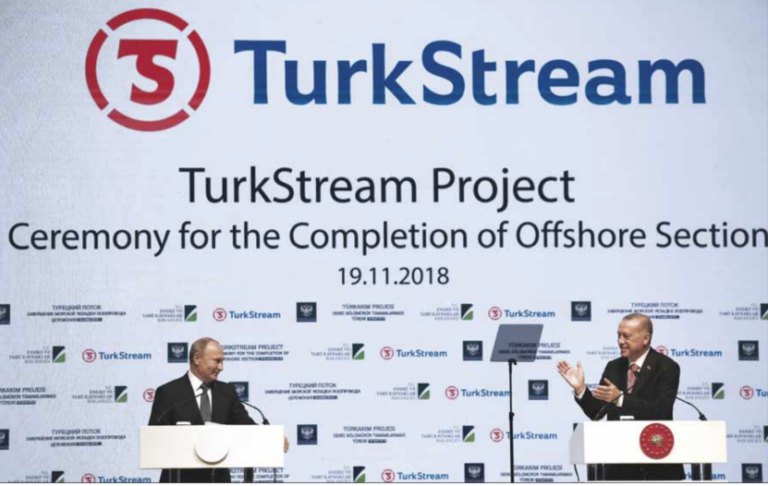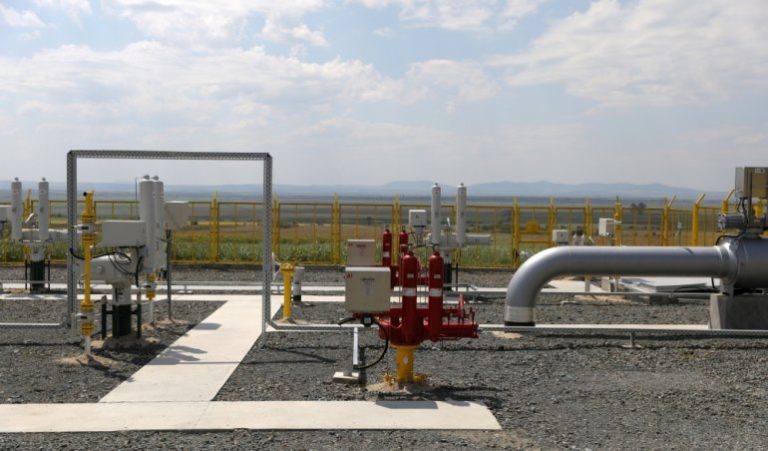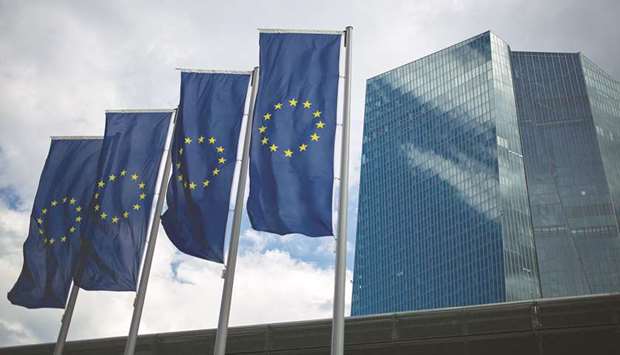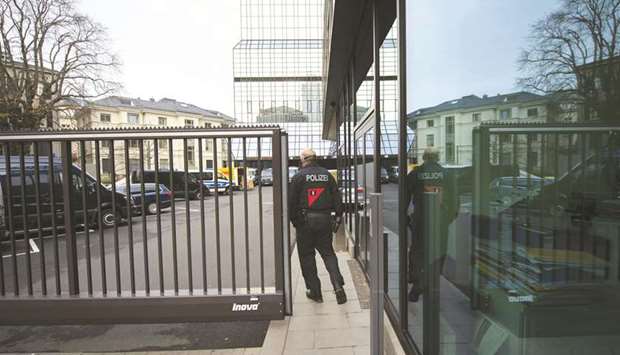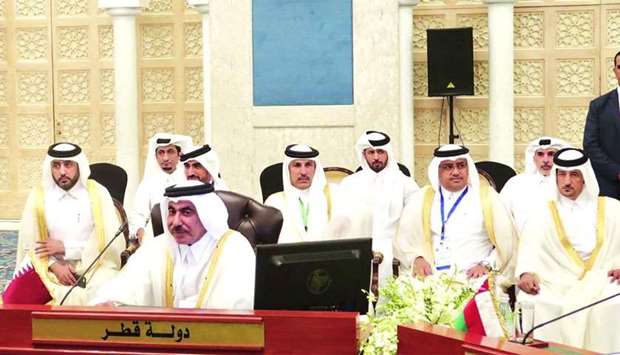French insurer AXA extends climate change policy to XL
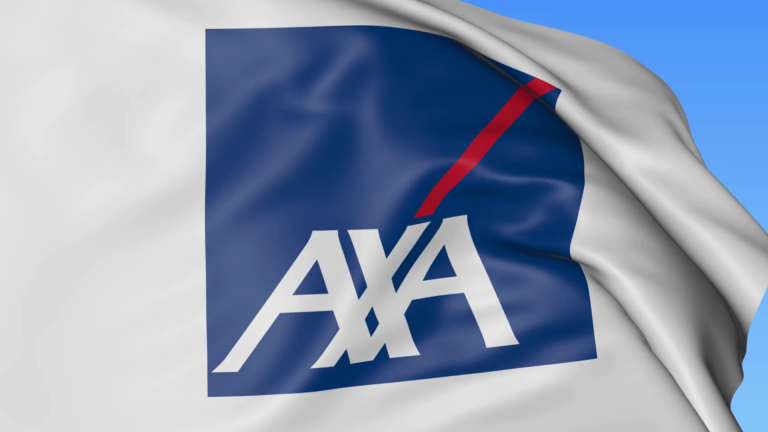
PARIS, Nov 26 (Reuters) – AXA, France’s biggest insurer, has extended its climate change policy to its recently acquired XL division, joining a growing list of European insurers that have taken action to help to tackle global warming.
AXA, Europe’s second largest insurer after Allianz , said XL would stop insuring projects related to the construction of coal-fired power plants and to tar sands extraction and pipelines, which will mean a 100 million euro ($113.60 million) revenue loss, mainly in 2020, AXA said.
“One hundred million euros is a lot of money but, when you take into account AXA’s world revenue, this is something we can absorb in terms of activity growth,” Jad Ariss, AXA’s head of public affairs and corporate responsibility, said.
AXA reported annual group revenues of 98.6 billion euros for 2017.
Bermuda-based XL, bought by AXA earlier this year in a $15 billion deal, mainly handles property and casualty insurance in the United States.
AXA’s announcement over its XL division follows Italian rival Generali’s pledge earlier this month to stop offering insurance coverage to new coal mines and plants.
Other insurance industry players such Scor, Swiss Re and Zurich Insurance have also announced certain restrictions on carbon intensive industries.
European insurers have been more proactive than rivals in the United States in terms of their climate change policies.
Reducing insurance coverage of the coal industry raises costs for coal power generation, which could increase pressure on utilities to switch to cleaner energy.
Next month, the United Nations climate change conference takes place in Poland.
XL will also stop investing in assets related to coal and tar sands. The company will sell 660 million euros worth of financial assets starting in 2019, AXA executive Ariss said.
AXA itself had taken the step to divest from the coal and tar sands industry in late 2017.
XL will also refrain from investing in assets related to the tobacco industry and assets related to chemical and biological weapons, cluster bombs or anti-personnel mines, Ariss said.
